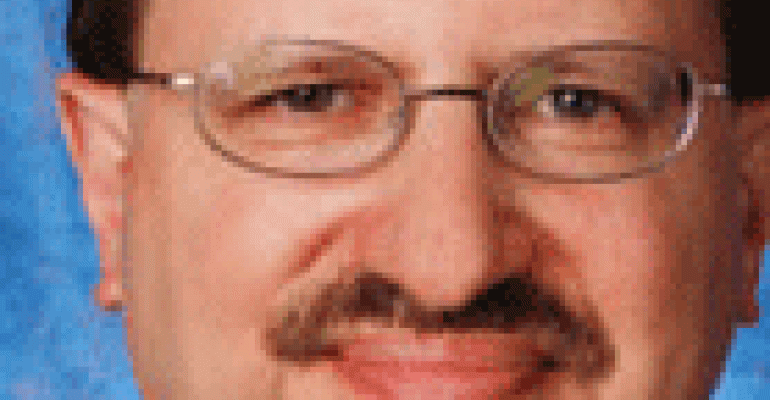The news has been littered lately with examples of high-level individuals behaving badly, from Bernie Madoff's $50 billion Ponzi scheme to Wall Street bankers misusing government bailout money to Yankees superstar Alex Rodriguez's steroid escapades. And now the food industry has its own poster child for bad behavior, the Peanut Corporation of America.

I'm not cynical enough to believe that PCA, whose plants in Georgia and Texas have sparked one of the largest food recalls in U.S. history, isn't an extremely rare example of how the food industry operates. After all, allowing unsanitary conditions to fester in food processing plants and shipping food products known to be laced with Salmonella — which the Food and Drug Administration has charged PCA with doing — aren't just morally inexcusable but also stunningly inept business practices.
Still, to use a handy food metaphor, it only takes one bad apple to ruin a barrel. Like the banking and real estate industries, the food business is a highly interconnected entity wherein a single rogue peanut processor not only sickens hundreds of consumers but puts a damper on innocent peanut-product manufacturers and raises questions in consumers' minds about the overall safety of the food supply.
Perhaps more than other recent high-profile recall cases, this year's peanut-product recalls may be the wake-up call needed to finally revamp the way food safety is handled in the U.S. They luckily coincide with the start of the new Obama administration, which appears ready to bolster the long underfunded FDA.
While the government needs to take the lead in ensuring the safety of the food supply, there's much more that the food industry should do as well. To its credit, the Food Marketing Institute has been pursuing initiatives like the Product Recall Portal and upgrading the technology supporting its Safe Quality Food Institute. The major produce associations have also distinguished themselves by spearheading the ambitious Produce Traceability Initiative.
What these initiatives are beginning to address is that retailers and manufacturers are not just responsible for the safety of their own products and facilities, but for the entire supply chain in which they operate, from farm to fork. In the recent peanut-product recalls, numerous retailers took responsibility for the “fork” part of the chain, contacting customers in their loyalty programs to make sure they got rid of the suspect products.
Retailers have to be equally proactive in the other direction, making sure that their suppliers are adhering to the right food safety practices. As described in this week's inaugural Food Safety Solutions feature — click on "Vetting the Food Supply" at right — retailers like Supervalu and Wal-Mart are auditing their suppliers and requiring them to follow global food safety standards.
Most retailer efforts, however, appear to be limited to vetting their private-label suppliers. I think they should be equally demanding of national-brand manufacturers. To prevent bad actors from doing harm, food companies all need to be their brothers' keeper.

